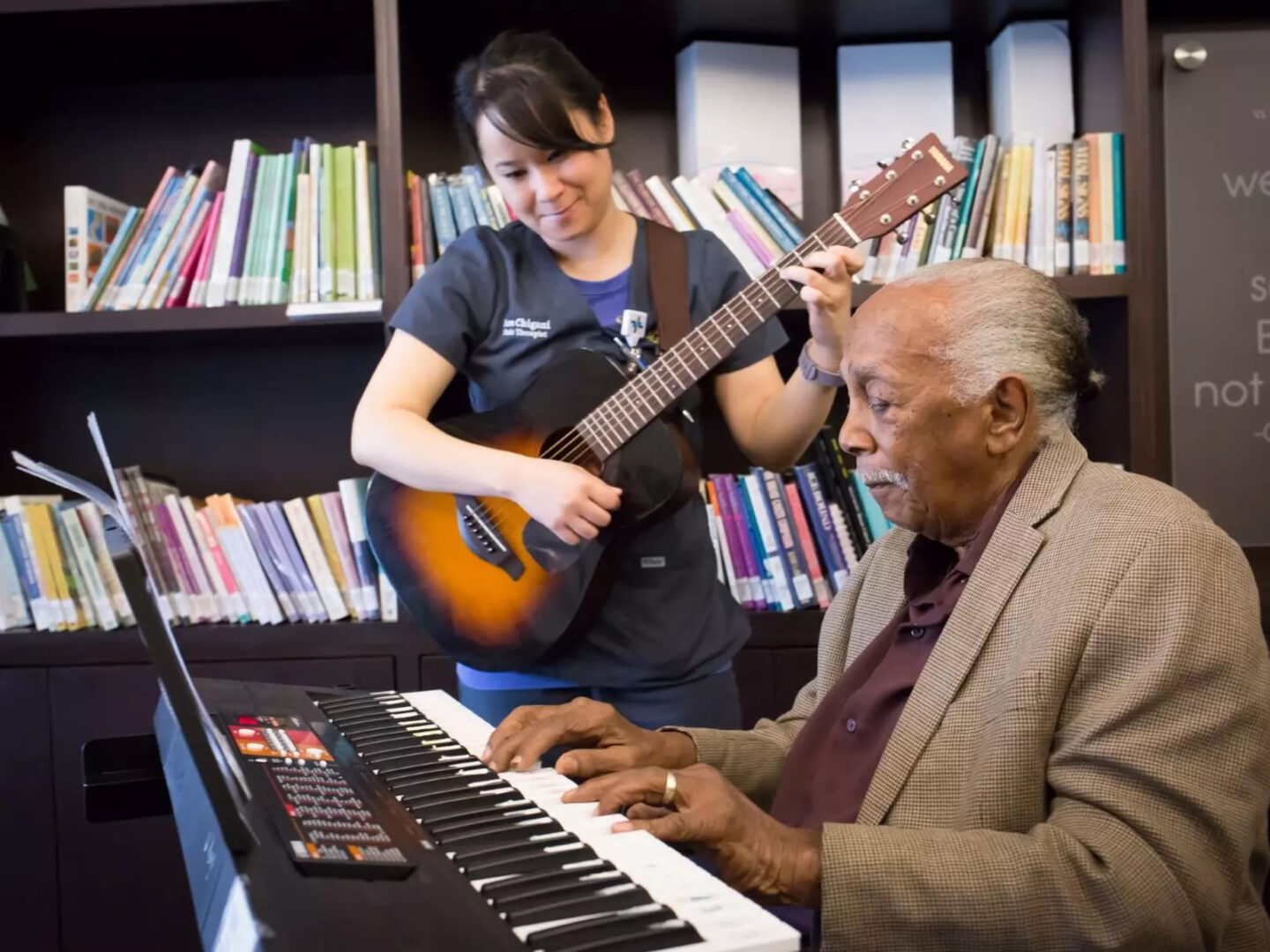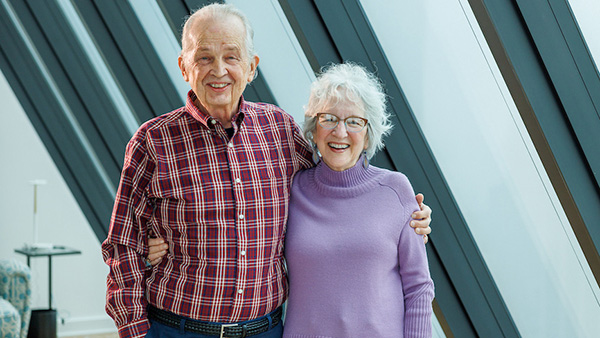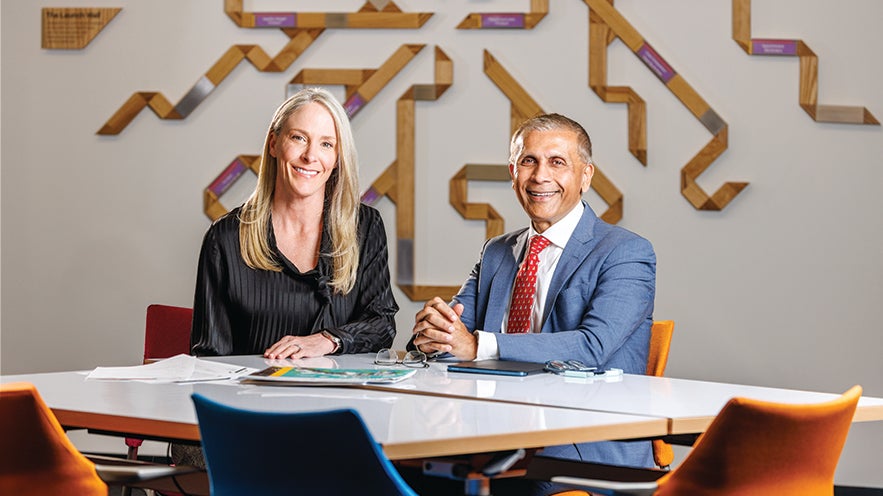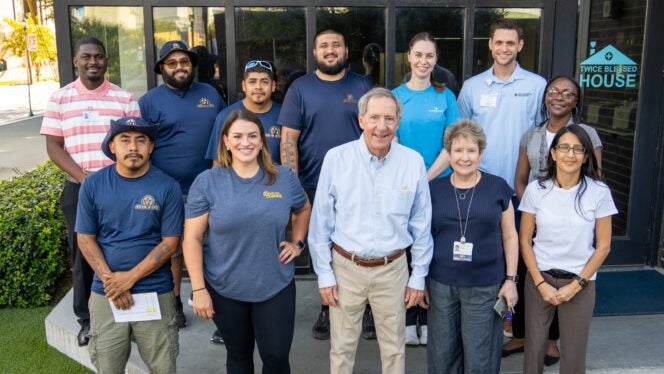Heart disease often develops silently, without obvious symptoms, until a sudden event—like a heart attack or stroke—changes everything. Many people assume that staying active and eating well is enough to keep their heart healthy, only to discover that genetics or undetected risk factors have been working against them for years.
The Lipid Metabolism Center at Baylor Scott & White Heart and Vascular Hospital–Dallas, made possible through philanthropy, is dedicated to changing that reality. By focusing on prevention, early detection and innovative treatment, the center helps patients take control of their cardiovascular health before problems arise—or worsen. Whether someone is managing existing heart disease or simply looking to understand their risks, the Lipid Metabolism Center provides personalized care to keep hearts healthier for longer.
For people with cardiovascular disease—including those who have possibly already received stents, valves or are on medications—ongoing prevention is important in keeping additional blockages at bay. Through in-person visits as well as convenient virtual care via the MyBSWHealth app, patients can connect with a team of clinicians focused on identifying, monitoring and treating a range of heart conditions. At the Lipid Metabolism Center, researchers and clinicians may recommend innovative treatments, including medications, injections or an FDA-approved LDL apheresis procedure. This procedure filters harmful LDL cholesterol from the blood and has been shown to slow or even reverse coronary plaque buildup, reducing the risk of heart disease.
My solemn belief is that we can inspire people to never give up on cardiovascular-disease prevention. When you show people that something can be of consequence, that there are ways to pick up on risk factors, that there are feasible treatments—people take it seriously as an action item and not merely an ‘FYI.’ –Subhash Banerjee, MD
The center is led by Dr. Subhash Banerjee, an interventional cardiologist on the medical staff of Baylor Scott & White Heart and Vascular Hospital–Dallas, who believes strongly in personalizing care to meet a patient’s unique needs. “Each patient needs a personalized selection of one or more of these therapies,” he said. The Lipid Metabolism Center is a modern-day approach to change a century-old reality, as heart disease remains the No. 1 killer of U.S. adults. According to the American Heart Association, more than 25% of U.S. adults have high LDL-C—the “bad” cholesterol.
There is also good news to share in the science of cardiovascular medicine, said Dr. Banerjee, who serves as the Paul J. Thomas Endowed Chair in Cardiology and chief of cardiovascular research and innovation at Baylor Scott & White in Dallas.
“The field of prevention is moving in fast-forward as we detect novel markers of potential disease.” He cited the example of lipoprotein-A, a biomarker of a type of cholesterol unlike dietary cholesterol that is entirely the result of a person’s genetic predisposition and unaffected by even the healthiest lifestyles. A simple blood test available through the center, however, can empower patients to know whether they have this biomarker and may allow them to begin working with cardiovascular physicians to receive information and learn about prevention and treatment.
Philanthropy also has allowed the center to establish a research fellowship in preventive health in cardiology to train the next generation of cardiologists to take on prevention as their specialty and research focus—furthering the work of the Lipid Metabolism Center. The center and its fellowship are important examples of how philanthropy is saving lives today and creating opportunities for investment in heart health for tomorrow. “Donors should know that their resources are well used here. We are grateful for those who choose to fund this mission and move this field forward,” Dr. Banerjee said. A grateful patient recently gifted $750,000 to help fund this innovative center and the fellowship.
Supporting people in keeping their cardiovascular health in check is at the heart of Dr. Banerjee’s life goal. “My solemn belief is that we can inspire people to never give up on cardiovascular-disease prevention. When you show people that something can be of consequence, that there are ways to pick up on risk factors, that there are feasible treatments—people take it seriously as an action item and not merely an ‘FYI.’”
To learn how you can help advance cardiovascular research at Baylor Scott & White, contact Lynn Bohne at 214-820-4070 or Lynn.Bohne@BSWHealth.org.









